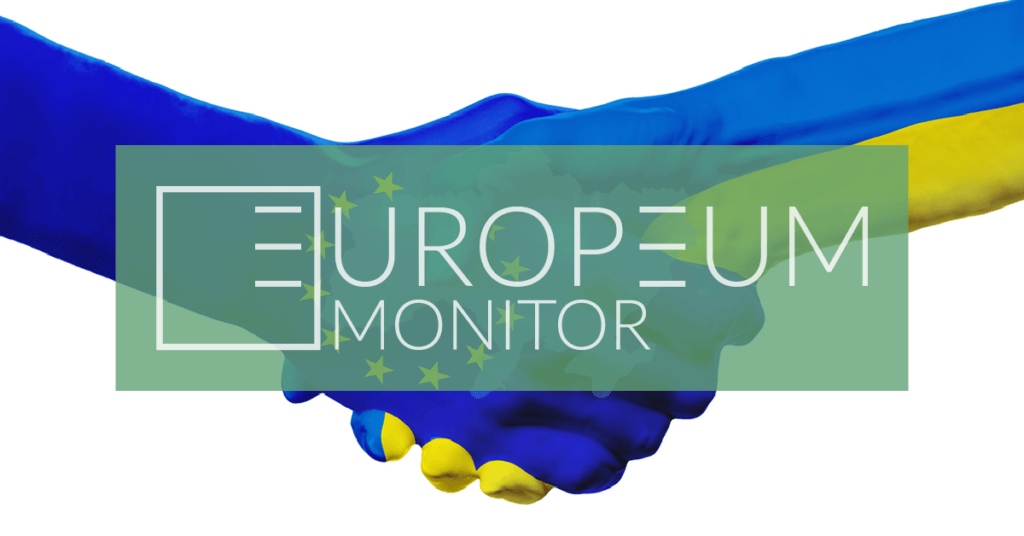How to lose Russia in 10(0) days: Ukraine’s delicate balance

- The Association Agreement is a bilateral agreement concluded between the European Union and Ukraine establishing their political and economic relationship, which entered in full force on the 1st of September 2017. The Agreement commits Ukraine to adopting high standards of governance, democratic political system, rule of law and free market. It symbolizes a strategic act of revolt against the regimes ruling Ukraine since 1991, which aligned with Russian interests, under the helm of Leonid Kravchuk, Leonid Kuchma and Viktor Yanukovych.
- The Agreement itself was initialled in March 2012 after several years of negotiations. It was brought to public attention during the Euromaidan protests in 2013 and later in 2014 when then-Ukrainian president Viktor Yanukovych refused to sign the Agreement that stands for, as James Sherr called it, “a civilizational choice”.
By postponing the implementation of the DCFTA, the EU risked creating a dangerous precedent in which Russia were given the right to intervene in the relations of the EU with the countries in its (rather, former) sphere of influence, particularly the former republics of the Soviet Union.
The progress of reforms has slowed in the past year, due not only to the economic situation and Russia´s aggressive constant low-intensity warfare in the eastern regions in order to weaken the country economically, politically, socially and psychologically, but also due to the unstable political power, parliamentary opposition and vested interests of oligarchs embedded in every state structure.
The Agreement has been considered a symbol of the fundamental internal and external struggle of the country that paid high costs in terms of territorial, economic and political independence, and also human lives, in the past four years
The Agreement will not cure the Ukrainian economic, political and security situation from one day to the other but it can nevertheless provide a new impetus for further reforms and help attract foreign and domestic investments. In a climate of ongoing war in Eastern Ukraine, the occupation of Crimea and distorted EU-Russia and Ukraine-Russia relations, the EU needs to offer some political risk insurance for these foreign investors in order to lift the burden they would bear.
You can read the full article by clicking on the PDF button on the right.





